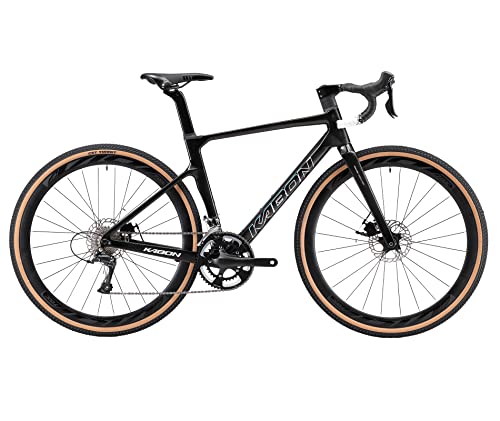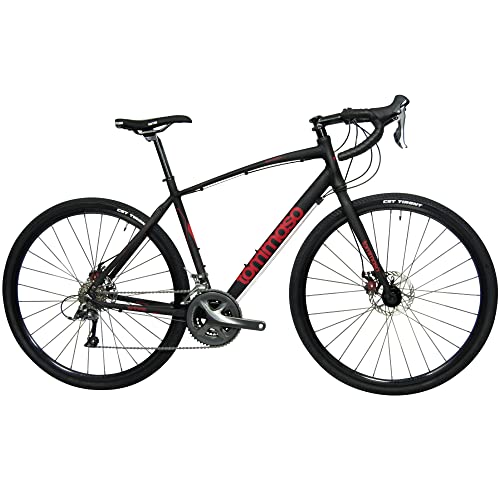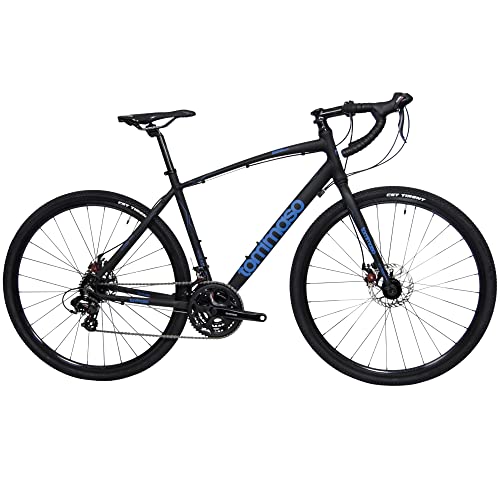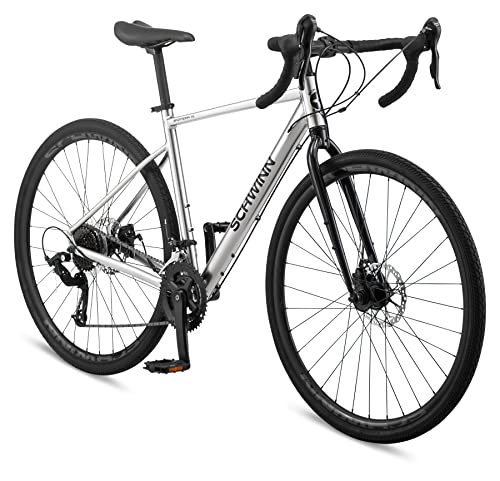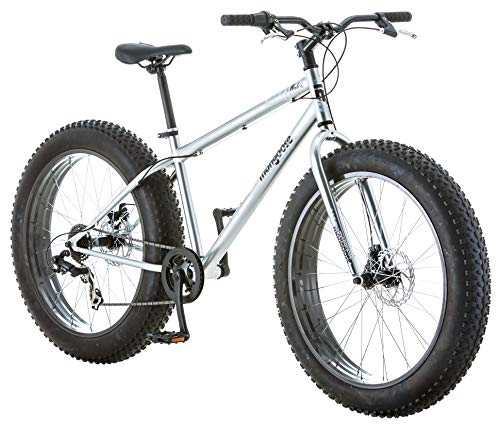Cycling, whether competitive or recreational, demands a lot from the body. It's not just about the hours of training or the miles covered; it's also about what fuels the journey. Nutrition plays a pivotal role in a cyclist's performance, recovery, and overall health. This article delves into the essentials of cycling nutrition, offering insights into what to eat for maximum performance.
The Foundation of Cycling Nutrition
Cycling is an endurance sport that primarily uses carbohydrate stores for energy. However, fats and proteins are also crucial. The right balance of these macronutrients can make a significant difference in a cyclist's performance.
Carbohydrates: They are the primary energy source during both short, high-intensity rides and long, endurance rides. Complex carbohydrates like whole grains, fruits, and vegetables are preferred as they provide a steady energy release.
Proteins: Essential for muscle repair and recovery, proteins should be a staple in a cyclist's diet. Lean meats, fish, eggs, and plant-based sources like beans and lentils are excellent choices.
Fats: Often misunderstood, healthy fats are vital for long-term energy, nutrient absorption, and overall health. Sources like avocados, nuts, and olive oil should be included in moderation.
Timing Your Nutrition
How and when you eat is as important as what you eat. A well-planned nutrition strategy includes pre-ride, during-ride, and post-ride meals.
Pre-Ride: A meal rich in carbohydrates and moderate in protein and fat, consumed 2-3 hours before riding, ensures a full glycogen store. A small, easily digestible snack 30 minutes before can top off energy levels.
During-Ride: For rides longer than an hour, consuming carbohydrates is crucial. Energy bars, gels, and even fruits can be effective. Hydration with electrolyte-rich fluids is also essential.
Post-Ride: A mix of carbohydrates and proteins within 30 minutes of finishing helps replenish energy stores and repair muscles. This meal is crucial for recovery, especially if you plan to ride the next day.
Hydration: A Key Component
Dehydration can severely impact a cyclist's performance. Drinking water, supplemented with electrolytes for longer rides, is crucial. A hydration strategy involves drinking small amounts regularly, rather than large amounts infrequently.
Supplements and Cycling Nutrition
While whole foods should form the basis of a nutritional plan, supplements can play a supportive role. Energy gels, electrolyte tablets, and protein powders can be beneficial, especially during intensive training or long rides.
Nutritional Needs for Different Types of Cycling
Nutritional requirements can vary based on the type of cycling.
Road Cycling: Emphasis on carbohydrates for energy, with a focus on hydration, especially in long and intense rides.
Mountain Biking: Similar to road cycling, but with possibly higher protein intake for muscle repair due to the strenuous nature of the terrain.
Track Cycling: Higher in fast-digesting carbohydrates for short, intense efforts.
Cyclocross: A balance of carbohydrates and proteins to support intense efforts and quick recovery.
Nutrition for Recovery and Health
Recovery nutrition extends beyond immediate post-ride meals. Including anti-inflammatory foods like berries, nuts, and fatty fish can help with muscle soreness and recovery. Adequate sleep and stress management are also crucial components of a comprehensive recovery strategy.
Special Considerations
Every cyclist is unique, and nutritional needs can vary based on age, gender, metabolic rate, and personal health concerns. Consulting a sports nutritionist can help tailor a plan to individual needs.
Effective cycling nutrition is about more than just fueling for a ride; it's about supporting your body's overall health and recovery needs. By understanding and implementing the right balance of carbohydrates, proteins, and fats, and timing your meals correctly, you can significantly enhance your cycling performance. Remember, a strong body is built on a foundation of good nutrition.
Incorporating these principles into your cycling routine will not only boost your performance but also ensure a healthier, more enjoyable cycling experience.
Mongoose Malus Fat Tire Mountain Bike, 26-Inch Wheels
Conquer any terrain and maximize your cycling adventures with the Mongoose Malus Fat Tire Mountain Bike and its reliable 26-Inch Wheels
Product information
$1,289.99
Product Review Score
4.8 out of 5 stars
83 reviews
